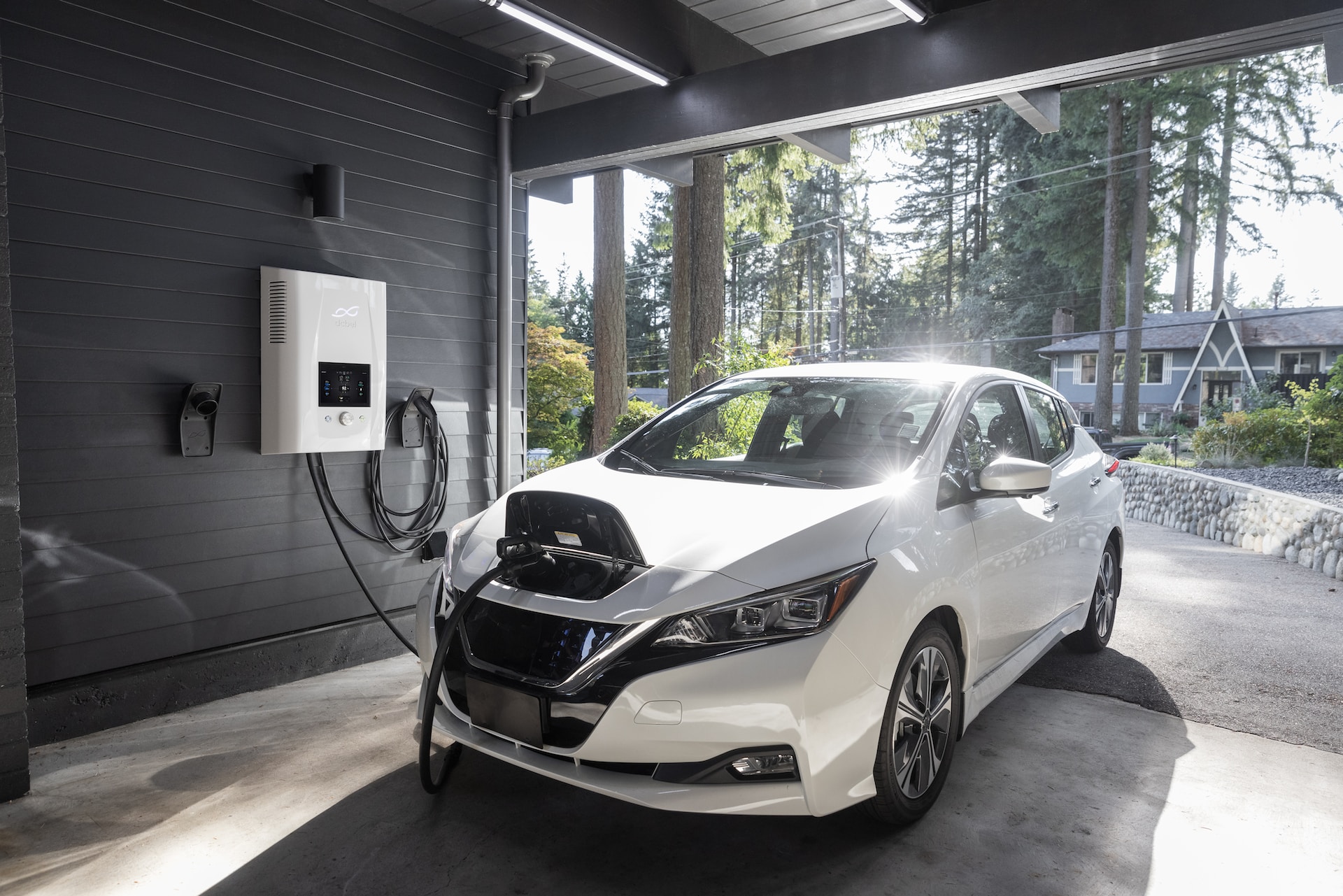China’s Hozon Auto is expanding its electric vehicle (EV) reach to Southeast Asia with plans to build a production base in Thailand. The move comes as the automaker looks to meet rising demand for EVs in the region.
Hozon’s expansion plans in Thailand were announced in March 2021, following a deal between the automaker and Thailand’s Eastern Economic Corridor (EEC) Office to establish an EV production base in the country. The EEC Office is a state agency that promotes investment in Thailand’s eastern provinces.
Under the agreement, Hozon will work with local partners to build an EV production facility in the EEC, which is located near the country’s largest seaport and key automotive hubs. The facility will have an initial annual capacity of 30,000 units, with the potential to expand to 100,000 units in the future.
Hozon’s expansion into Thailand marks a significant step for the automaker as it seeks to expand its presence beyond China. The company, which was founded in 2014 and is based in the city of Jiaxing in eastern China’s Zhejiang province, has been growing rapidly in recent years on the back of rising demand for EVs in China.
Hozon is best known for its Neta brand of electric cars, which it launched in 2018. The company has since expanded its lineup to include several other models, including a small SUV called the Neta S03, which was introduced in 2020.
The automaker has also been expanding its presence in China’s EV market through partnerships with other companies. In 2020, it formed a joint venture with Chinese automaker Changan to develop and produce EVs under the Neta brand.
Hozon’s expansion into Thailand is part of a broader trend of Chinese automakers seeking to expand their presence in Southeast Asia’s rapidly growing EV market. Chinese automakers have been investing heavily in the region in recent years, with many building production facilities and forming partnerships with local companies.
Southeast Asia is seen as a key growth market for EVs due to its rapidly expanding middle class and increasing urbanization. The region is also home to several countries, including Thailand, that have introduced policies and incentives to promote the adoption of EVs.
Hozon’s move into Thailand also comes as the company looks to diversify its operations and reduce its reliance on the Chinese market. China’s EV market has been growing rapidly in recent years, but it has also become increasingly crowded, with dozens of new players entering the market.
To stand out in China’s increasingly competitive EV market, Hozon has focused on developing affordable electric cars with long driving ranges. The company’s Neta S03 SUV, for example, has a range of up to 401 kilometers on a single charge and is priced at around 150,000 yuan ($23,000).
Hozon’s expansion into Thailand is expected to help the company further reduce its costs and increase its competitiveness in the global market. Thailand is known for its relatively low labor costs and strong automotive industry, making it an attractive location for automakers looking to build production facilities.
Hozon’s expansion into Southeast Asia also comes amid growing competition in the global EV market. As more automakers enter the market, competition is expected to intensify, with companies vying for market share in key regions like China, Europe, and the United States.
Despite the challenges, Hozon and other Chinese automakers are expected to continue expanding their global reach in the coming years as they seek to tap into new markets and grow their businesses. With its expansion into Thailand, Hozon is positioning itself to be a major player in the Southeast Asian EV market,











